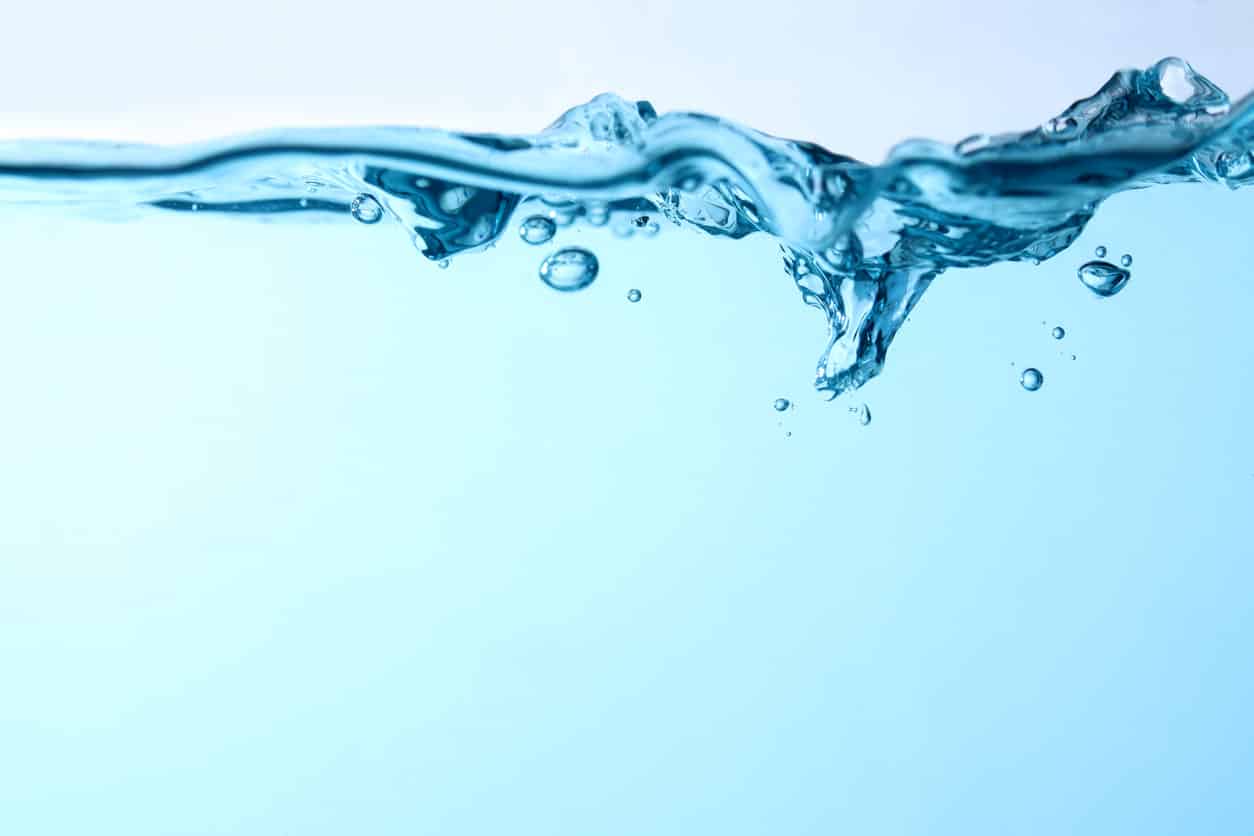If you are new to well water, you may not be completely sure about where your water comes from or how it reaches your home. A well can draw from two different sources, groundwater and surface water, each of which can affect the taste of your water in unique ways. If you aren’t sure about how your water is drawn from these sources, the following descriptions will help you better understand the type of water your well provides.
Surface Water vs. Groundwater
The water that comes out of your faucet at home has likely been through quite a journey before it gets to you. Depending on where you live, that water may come from either surface water or groundwater sources. Here’s a quick breakdown of the difference between the two:
- Surface water comes from streams, lakes, and other bodies of water.
- Groundwater is found in aquifers deep below the Earth’s surface.
How Wells Work
Wells are a water source that many people around the world use. They are typically created by drilling a hole in the ground and using a pump to bring the water to the surface. The water for your well comes from an aquifer, a layer of rock or sediment containing water. Aquifers are found all over the world, and they can be very deep underground. You tap into this underground water source when you use a well.
Sources of Contamination
There are many potential sources of contamination to your well water. These include agricultural runoff, septic systems, faulty well construction, and even naturally-occurring minerals and chemicals. Taking steps to protect your well from these sources can help ensure that your water is safe to drink.
How To Protect Your Well Water
Well water is a great way to have fresh water without worrying about city water quality. However, it would help if you did a few things to ensure your well water is clean and safe.
First, have your well water tested regularly. This will help you identify any potential problems early on. Second, be sure to maintain your well properly. This includes calling professionals for services like fixing leaks and ensuring the area around your well is free of debris.
Third, consider a filtration system! Filters can remove bacteria and other harmful contaminants that may end up in your well. Many different types of filters are available, so it’s important to find one that best suits your needs.
Contact Us For The Best in Groundwater Well Maintenance
If you’re looking for someone you can trust to repair, maintain, or test your well to ensure it’s safe, Easterday-Wilson Water Services can help. Our professional service crews have the knowledge and ability to fix all of your water issues. Call us at 301-831-5170 for additional information and schedule your free water evaluation today.


